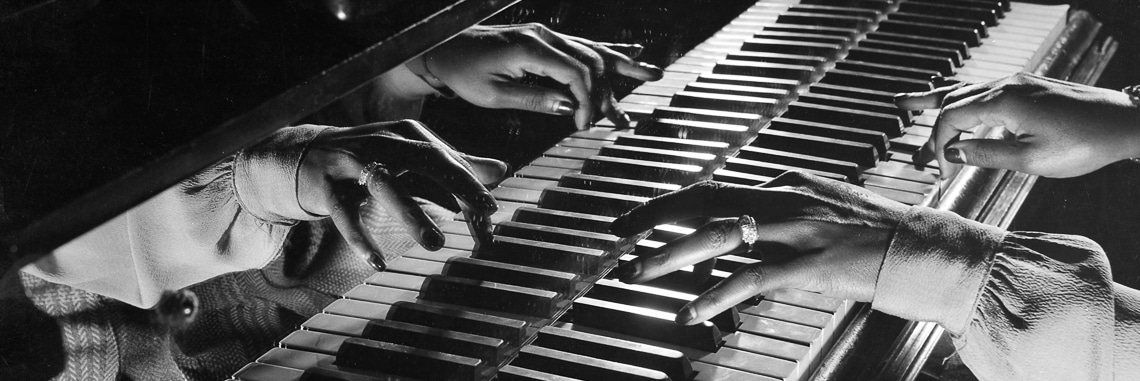
African American Spirituality and Song
I’m On My Way
Wednesday, February 10, 2021
In prayer we trust / By hope we live / On truth we stand / From our heart we give / Love. —Sweet Honey in the Rock
Dr. Bernice Johnson Reagon founded the iconic African American a cappella group, Sweet Honey in the Rock, which has been performing for over forty years. In her book If You Don’t Go, Don’t Hinder Me, Dr. Reagon recounts how many of the songs of the Civil Rights Movement had their origins in the spirituals of the nineteenth century. The first verse of the title song of her book goes, “I’m on my way to Canaan land / I’m on my way to Canaan land / I’m on my way to Canaan land / I’m on my way, great God, I’m on my way.” She writes:
During the Civil Rights Movement of the 1960s, we sang this song but changed the word “Canaan” to freedom:
I’m on my way to freedom land / I’m on my way, great God, I’m on my way.
One word, “freedom,” documents the time period. One would not have been able to sing freedom during the time when slavery was an integral part of this country. By the twentieth century, the 1960s, we had cleared enough space with our living and struggling and dying and going on that, no matter what, we could say and sing: “I want my freedom now!” . . .
Whether you sang “freedom” during the sixties or the older traditional text with the word “Canaan,” in essence the song says, I must leave or change where I am, and I want you to go with me:
I asked my mother come and go with me / I’m on my way, great God, I’m on my way.
Brother, sister, pastor . . . I want you to go, but if you don’t go, get out of my way:
If you don’t go, going anyhow / I’m on my way, great God, I’m on my way.
If you don’t go, don’t hinder me. . . .
During the nineteenth century, being on your way out of slavery usually meant leaving a place to go to another place, covering geographical territory. You actually had to put distance between where you were and where you were headed. During the twentieth-century Civil Rights Movement, being on your way often meant staying where you were and wreaking havoc in your local community, insisting on its transformation so that a new construction could be possible. Black people were determined to rearrange space for themselves and their future. We knew that as tax-paying citizens we deserved access to opportunities and resources provided by our organized governing bodies. It really was well overdue, this standing up and taking up new space—we had to move! . . .
Richard again: This is the power of the spirituals! Such sacred songs transcend time, still bringing solidarity, hope, and freedom to people today.
Reference:
Bernice Johnson Reagon, If You Don’t Go, Don’t Hinder Me: The African American Sacred Song Tradition (University of Nebraska Press: 2001), 2, 3–4.
We invite you to experience the spiritual power of music through Gospel singer Mahalia Jackson’s rendition of “I’m On My Way.”
Story from Our Community:
Slowly but surely, the loving and open-ended language of the Daily Meditations is replacing the rigid vocabulary that I so readily absorbed in the earlier days of my faith. In fact, I feel that I am finally beginning to experience faith instead of just a list of things I was taught to accept. What freedom there is in this! I also appreciate how much Fr. Richard ‘passes the mic’ to amplify other voices. I am grateful to have been introduced to Barbara Holmes, Cynthia Bourgeault and many others. These voices help me find my own. —Alison D.

